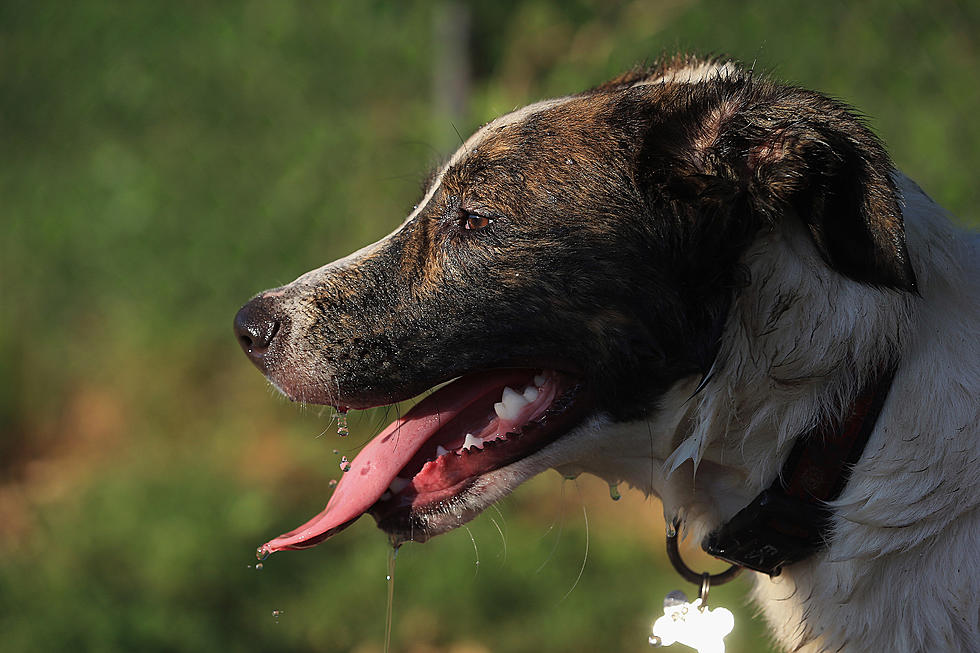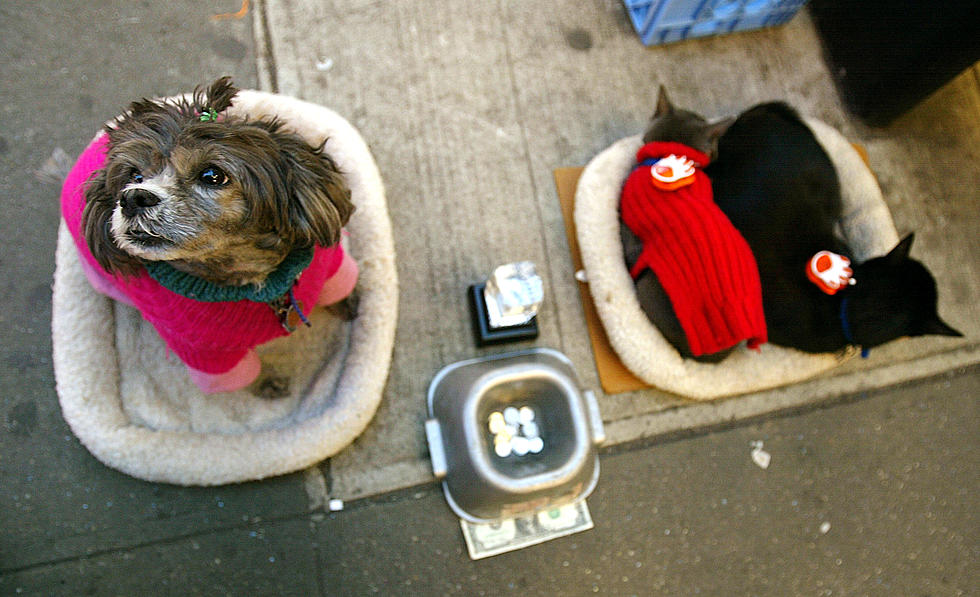
Summer Travel Safety Precautions for Your Pets
When summer weather arrives, many pet owners enjoy taking their beloved pet along with them for a ride. Before you do, consider some or all of these precautions from Dr. Robert Reich of Animal Medical Clinics of Quincy. Make sure any dog riding with you in a vehicle is secured. This is both for the protection of the pet and also to ensure that the pet will not be a distraction to the driver. For small dogs, Dr. Reich recommends using a travel crate, travel harness that can be fastened to a seat belt, or secure the lead to limit the dog’s ability for movement. For a large dog, Dr. Reich recommends a travel crate, secure the lead to limit movement, or use a fence/gate to prevent the dog’s access to the front seat area.
Dr. Reich advises using extreme caution if allowing your dog to put its head out any window. “Debris that flies up from the road can cause eye damage, increased allergy issues as well as ear issues”. Instead of allowing your dog to put its head out of a vehicle window, Dr. Reich instead recommends opening the window a small crack, enough that your dog can feel the breeze but not enough for it to fit its face or any body part out the window.
Another area of concern… dogs riding unsecured in the back of pickup trucks. According to Dr. Reich, “Every dog transported in this manner is at serious risk of injury.” Serious to fatal body and leg injuries can occur if the pickup stops suddenly and the dog is thrown. The dog’s head can hit the back of the rear window or the side of the truck causing blunt trauma. If your dog must ride in the back of a pickup truck, invest in a crate to secure it. At a minimum, use a lead to help keep it stabilized in the back.
There are numerous products available for pet travel including safety harnesses, crates, pet seats and gates. Most are available in a variety of price ranges and sizes to accommodate virtually every vehicle and every size dog.
If your pet suffers from motion sickness, there are medications available that can help settle the stomach. One out of every six dogs suffers from motion sickness. If your pet has anxiety issues in connection with automotive travel, there are also new medications available that do not sedate the dog but instead provide a sense of well-being.
As for feline pets, Dr. Reich highly recommends that cats travel in a crate while in a vehicle. In general, cats don’t travel as often as dogs and as a result, cats can get scared very easily.
Lastly, never leave your pet in a vehicle with the windows closed for any length of time. The temperature inside the vehicle can climb to the point where a dog or cat can suffer heat stroke which could be fatal.
More From 100.9 The Eagle, The Tri-States' Classic Rock Station









